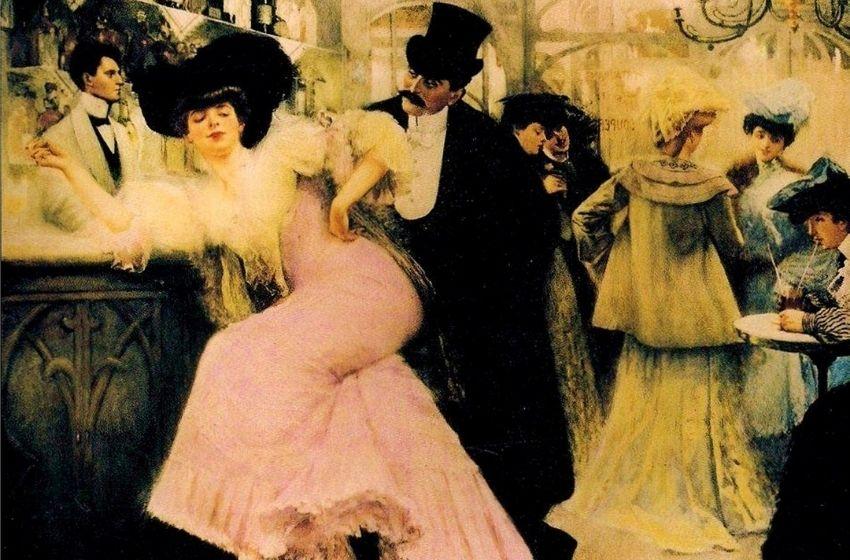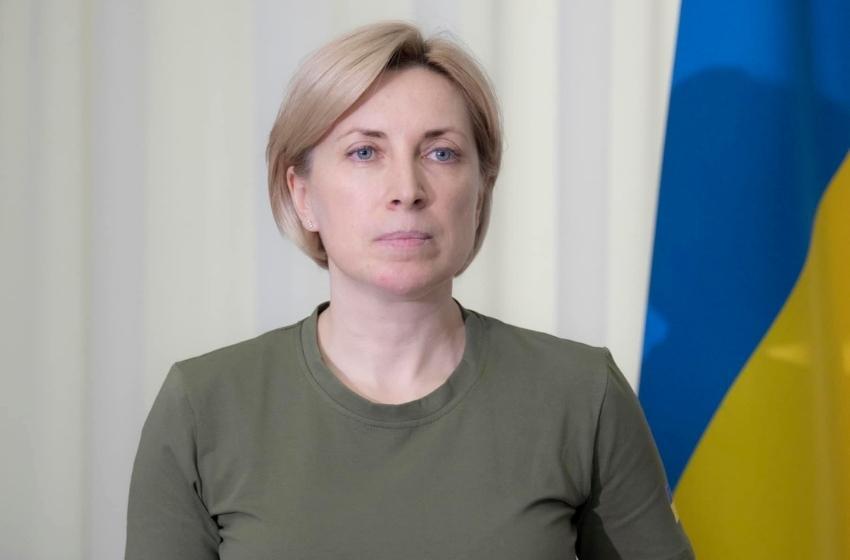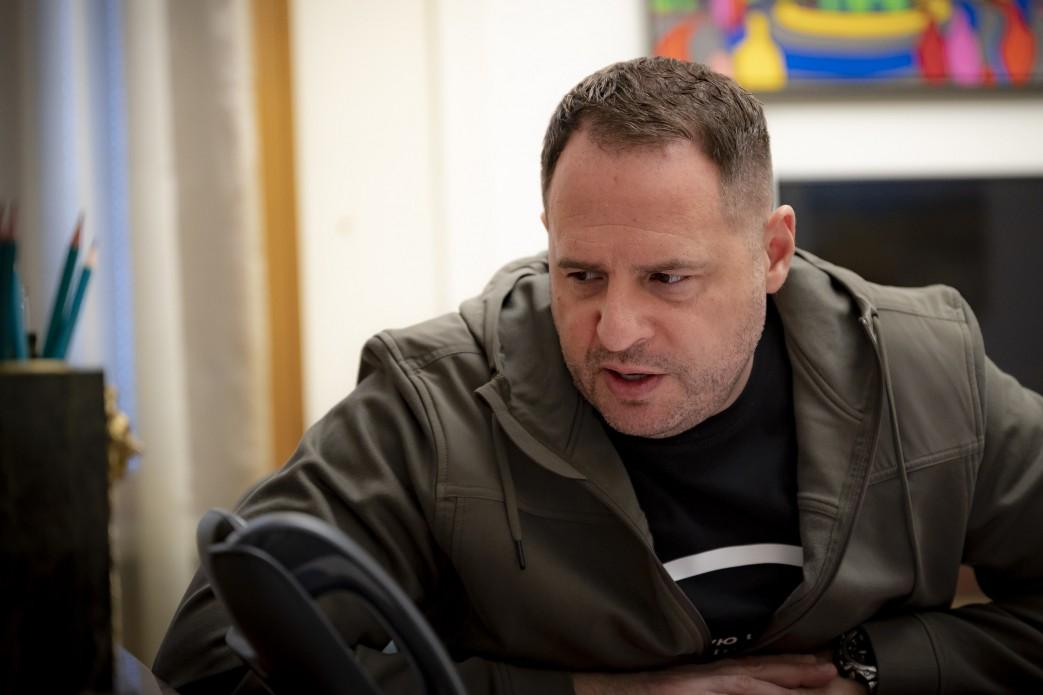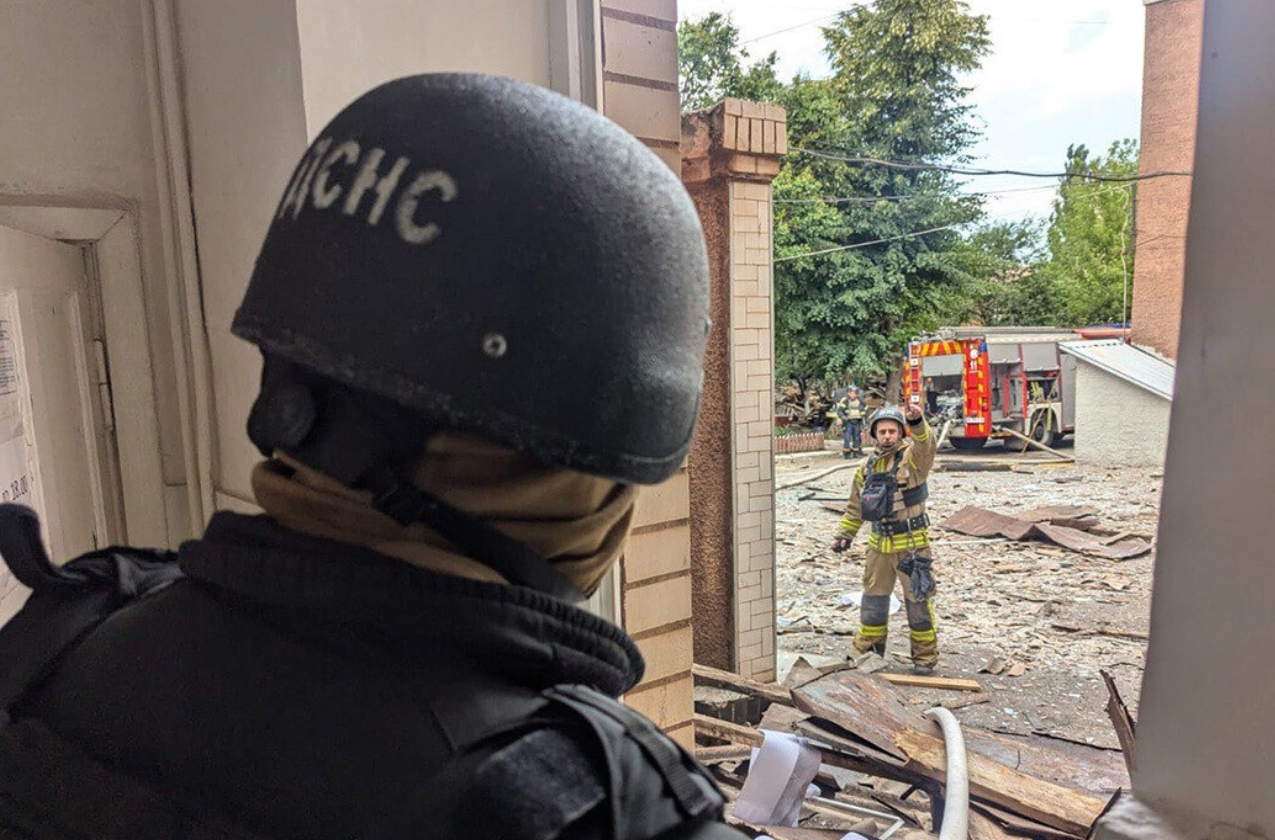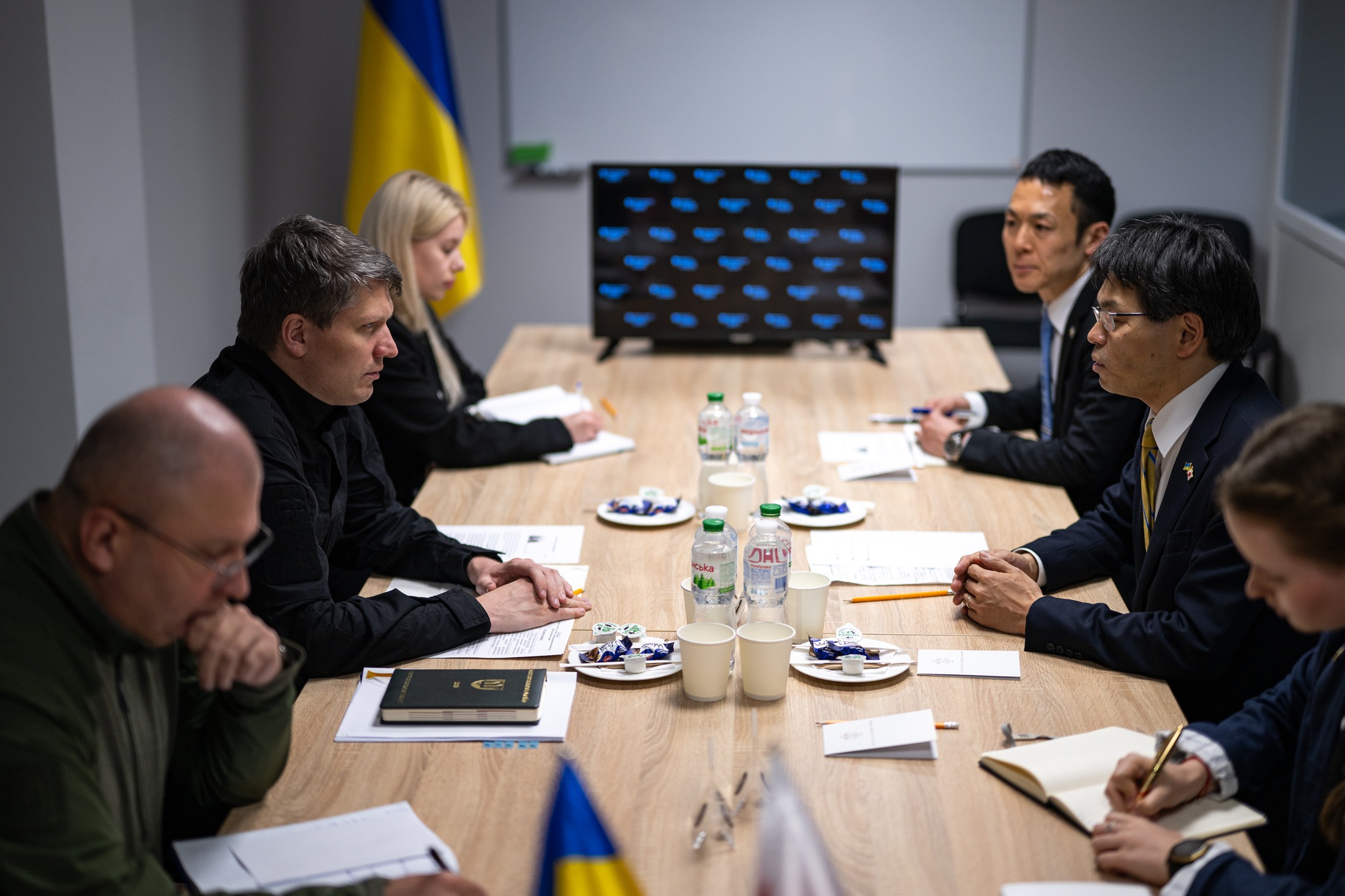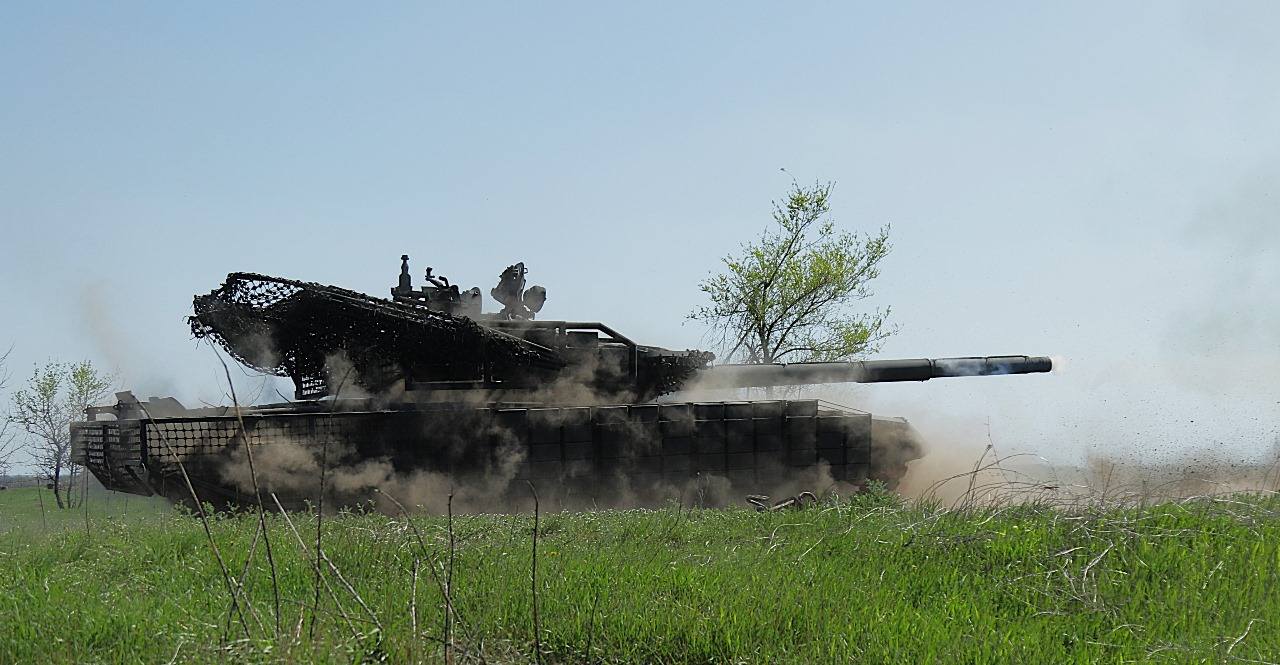Odessa slips into a soft melancholy when the summer season ends, and the last holiday-makers go away. When frenzied seagulls reclaim full ownership of the beaches, and the commercial port cranes drown in fog at the bottom of the green slopes.
“...the thick fog covered the land and the sea, and then the giant siren on the lighthouse roared like a mad bull, day and night,â€
Alexander Kuprin
Alexander Kuprin wrote this in the opening of the short novel “The Garnet Bracelet,†the grand tale of tragic love in Russian literature.
Kuprin started working on the novel after he arrived in Odessa in October of 1910 and rented a sea-view apartment in an intricate art nouveau building with a large medusa head decorating its façade.
Odessa occupied a special place in the writer’s heart, and he kept returning to it
“... searching for life everywhere, for its smell. Among the stevedores at the port of Odessa, the thieves, the magicians and the street musicians there were people with the most unusual biographies. Dreamers and creators of fantasy worlds with generous and tender souls.â€
Alexander Kuprin
One of them was Sashka the musician, a Jewish violin player, the heart and the soul of Gambrinus, the legendary Odessa bar. The windowless humid cellar with an arched ceiling, where fishermen, divers, port thieves, smugglers and sailors of every nationality wasted their salaries and forgot their sorrows became one of the central characters of the short story that carries its name.
Decorated by an array of quirky mural paintings that ranged from the XVIIIth century viscounts and countesses wearing powdered wigs to frogs drinking beer in a green swamp, Gambrinus came alive every evening at six, when Sashka appeared on its stage. The violinist played for his audience coming from every port city around the world: monotonous Asian tunes, Italian folk songs, Jewish wedding dance motives and African rhythms. Outside, the city lived its bloody history of revolutions and Jewish pogroms, but as long as Sashka was in Gambrinus, the music didn’t stop.

The events of “The Garnet Braceletâ€, loosely based on a true story, take place in one of the luxurious dachas on the outskirts of the city at the end of the summer season. The story of a small clerk desperately in love with Princess Vera couldn’t be further removed from the drunk fights of Gambrinus, but music occupies the central place here as well.
Living in the building decorated with medusa head, Kuprin suffered from writer’s block.
I am now writing "The bracelet", but it’s hardly moving. The main reason is my ignorance in music
Alexander Kuprin
Kuprin’s friendship with Odessa doctor Maizels and his creative collaboration with the doctor’s wife, Raisa Isaakovna, helped him finish the novel. Raisa Isaakovna played Beethoven’s Op. N2 Largo appassionato sonnet for the writer and explained “the meaning of Beethoven’s six beats†to him. The sonnet became the central theme of the novel describing the tragic love and death of a telegraph clerk Zheltkov.
In “The Garnet Braceletâ€, Kuprin writes about a hopeless and selfless feeling that in the pragmatic world of today, obsessed with self-love and self-care, would lead you to spend long hours on a therapist’s couch. Whatever one may think about loving someone you don’t stand a chance of having a conversation with, the powerful interplay of nature and music in the novel makes the reader forget about what a good relationship is, and together with Vera enjoy the moment of sadness, as she mourns the lover she never met.
In Beethoven’s sonnet, serenity and tension alternate leading to the breaking point. On the coast of the Black Sea, the storms and sunshine of the early autumn make you pause and enjoy the fleeting moment of love for the sake of the feeling itself.

Author: Alyona Synenko









